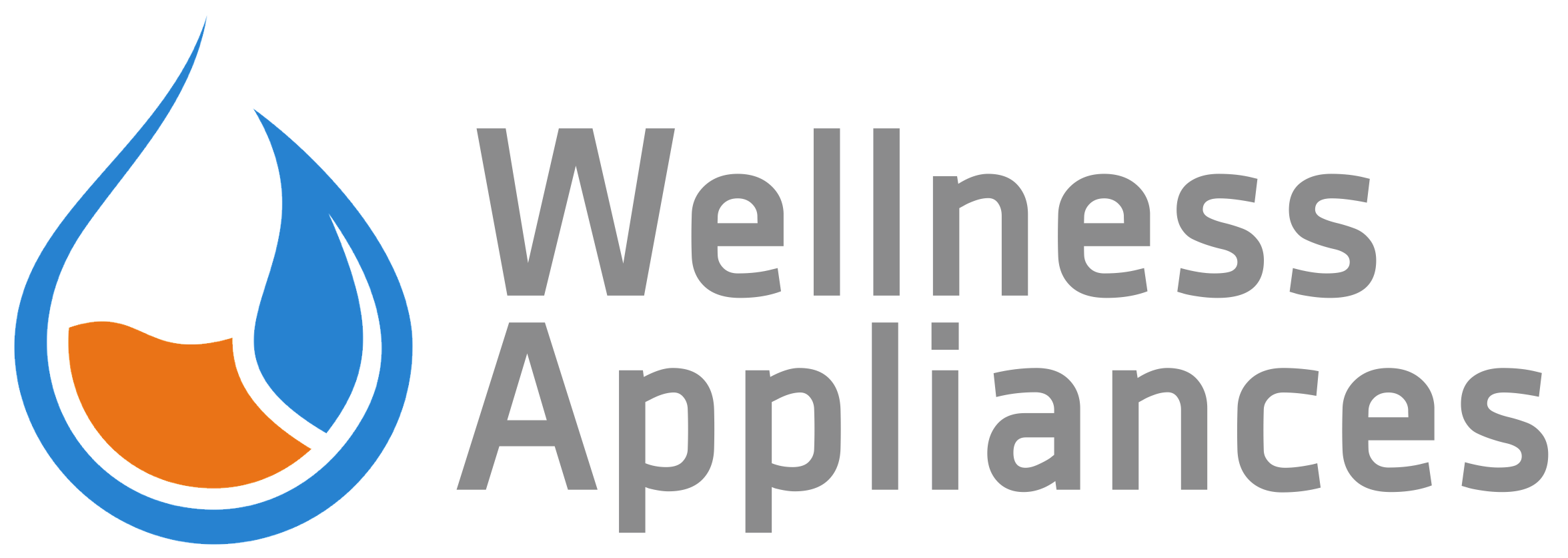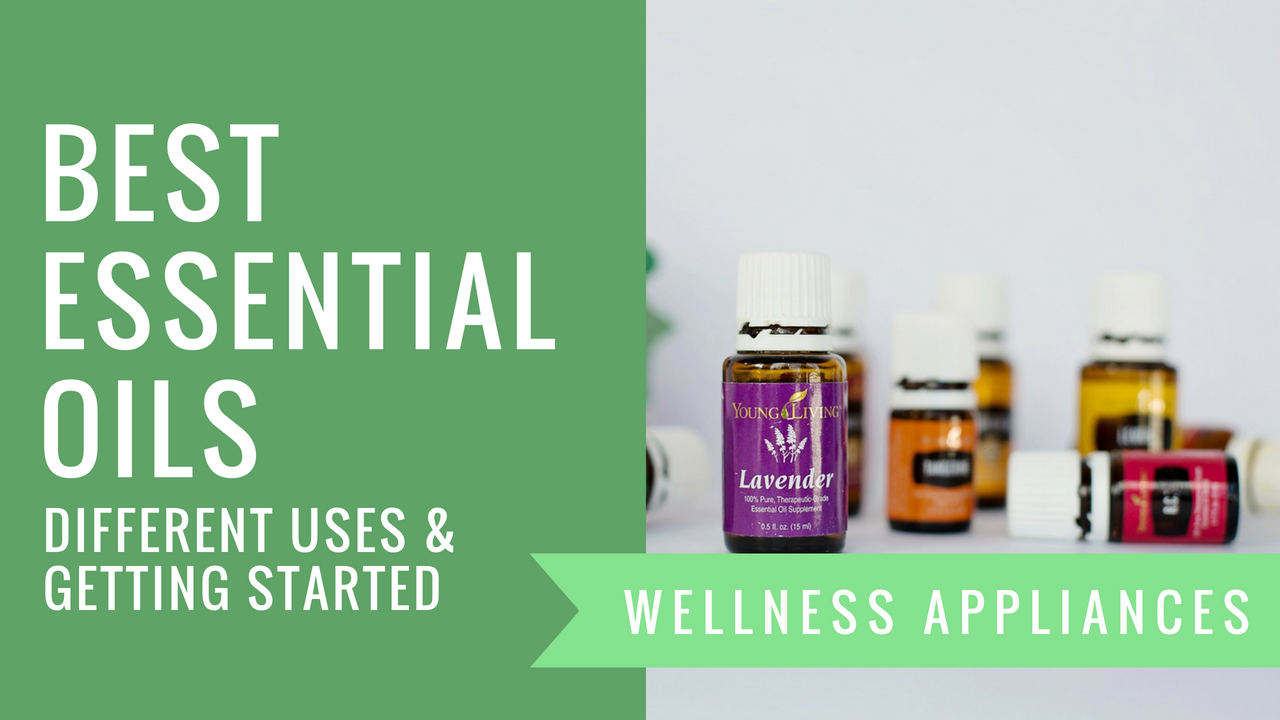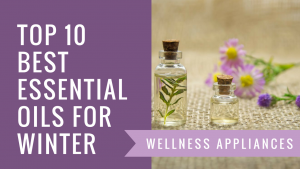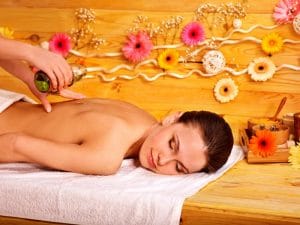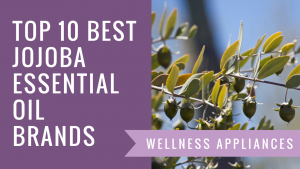Contents
Getting started in essential oils should not be difficult. This article is intended as a guide to essential oils for beginners.
In recent years, there has been a rise in the popularity of essential oils, even though they have been around for centuries. If you are interested in getting started using essential oils but don’t exactly know where to start, then you’re in the right place!

What are Essential Oils?
Basically any plant including trees, flowers, fruits and leaves, can be made into essential oil. There is a huge variety of choices on the market. I should start off here by saying if you don’t know what essential oils are and how they work, we have an excellent resource on just this subject you may want to read before this one.
Every essential oil has a different smell and can be used for different purposes (including just for their good fragrance). However, whether you are looking for a way to alleviate pain or stress, promote calmness, stimulate your senses or help your skin – it is important to look into which specific essential oil will be best for your need.
The Best Essential Oils For Getting Started
As essential oils become more popular, they are becoming more readily available in stores near you and online. However, it can be overwhelming to be presented with such a large variety of choices.
When you first get started with essential oils, it is recommended that you choose one of the safer oils and to get the purest oil you can. Some oils are more potent than others and have different strength effect, so it’s best to get started with one of the more common fragranced oils.
Above anything, it is important to pick an essential oil in a scent that you like, but one that will also be beneficial for your needs you’re using the oil for (if you’re using for therapeutic reasons).
If it’s your very first time picking an essential oil, you may wish to read our article, 7 Things to Consider When Choosing Essential Oils for more considerations on why you might pick one oil over another.
The best essential oils we recommend for getting started are:
- Lavender
- Eucalyptus
- Jasmine
Essential Oil Quality & Brand Considerations
Once you know which aroma or type of essential oil you are looking for, there are many factors that contribute to an oil’s effectiveness or quality. You will likely at some point in your essential oils journey choose an essential oil hoping it will have certain effects, only to be disappointed by it.
Beyond the essential oil itself, to get the true aromatherapeutic effects it’s important to take into account the brand and batch quality of the oil you purchase.
As a consumer, it can be difficult to know all the minor production processes that your essential oil has gone through before you take it home, but if you buy from a respected company or brand you should be in good shape. For a comprehensive overview and comparison of the best essential oils brands, check out our article here.
For quick reference here are the things you should consider before purchasing an essential oil, to make sure you get a good one:
-
Quality of the Essential Oil
There currently is no quality control for essential oils in the United States. Be sure you find a reputable supplier that sells only high-quality essential oils, especially for health-related use.
The Food and Drug Administration (FDA) does not have authority over essential oil products. So be cautious whether you purchase online or from a health food store. Research, compare, read labels and ask your pharmacist.
-
Cost
Cost is an important factor when you are buying essential oils. Pure essential oils are very expensive! This is due to the costly extraction processes involved for production, but generally higher priced oils will be more quality.
-
Bottling and Storing
Quality oils are bottled in dark glass bottles – usually brown or blue.
If sold in clear glass bottles, or plastic bottles, be suspicious because that retailer is not following best practices. Do not buy bottles with rubber eyedropper-type bulbs on top as they are more likely to be impure, and don’t buy aluminum bottles.
Look for free samples from suppliers and try out the oils before buying them. See if they are pure or have additives. Be sure the bottles are well sealed when they arrive.
-
Labeling
Labels should give the plant’s botanical name, common name, and show that that the essential oil is 100% pure. Look for the origin of the oil extracts on the bottle’s label. Observe and stay away from label names: “fragrance oil,” “perfumed oil,” or “nature’s identical oil.” as these mean the oil is synthetic.
Locate vendors who provide detailed information on their labels as to the variety of essential oils, and certification of the distilling/purifying methods used.
-
Suppliers or Companies
When you are thinking of purchasing essential oils, research and evaluate the reputation of the supplier, and their knowledge in this discipline. Determine if they are a wholesaler or a retailer. If they are a wholesaler, their prices will be less expensive, since they are not involved with an intermediary. Use our guide above to help you select the best essential oil brands and to learn more about the suppliers or companies selling essential oils.
Guide To How to Use Essential Oils
There are many different purposes for essential oils, but to get their full potential, it is important to know how to use them.
Whether you’re using the oils for aromatherapy or just for a good smell, it pays to know all the different usage methods. Our full guide on how to use essential oils is here to help you.
The most common way to use essential oils is with a diffuser. Rather than using a bad wall plug-in that emits toxins into the air or candles that do not emit enough scent – use a diffuser to diffuse your essential oils.
Another common way to use essential oil is in body care regimens topically. Again, it is extremely important to do your research and make sure you know which oils are safe to put on your skin, and how to do it safely. Our guide above will help you.
Final Thoughts
Essential oils are incredible for a variety of different purposes. They are typically used for aromatherapeutic purposes, such as alleviating stress, promoting calmness, stimulating your senses among others.
Some essential oils can also be mixed into lotions, massaged into your skin and added to baths for more effects. See our guide on different essential oil uses here.
No matter what you plan on doing with your essential oil, it is important to understand which essential oil is best for your needs, how to use it and how to tell what brand to get so that you can use the oil to its fullest potential.
